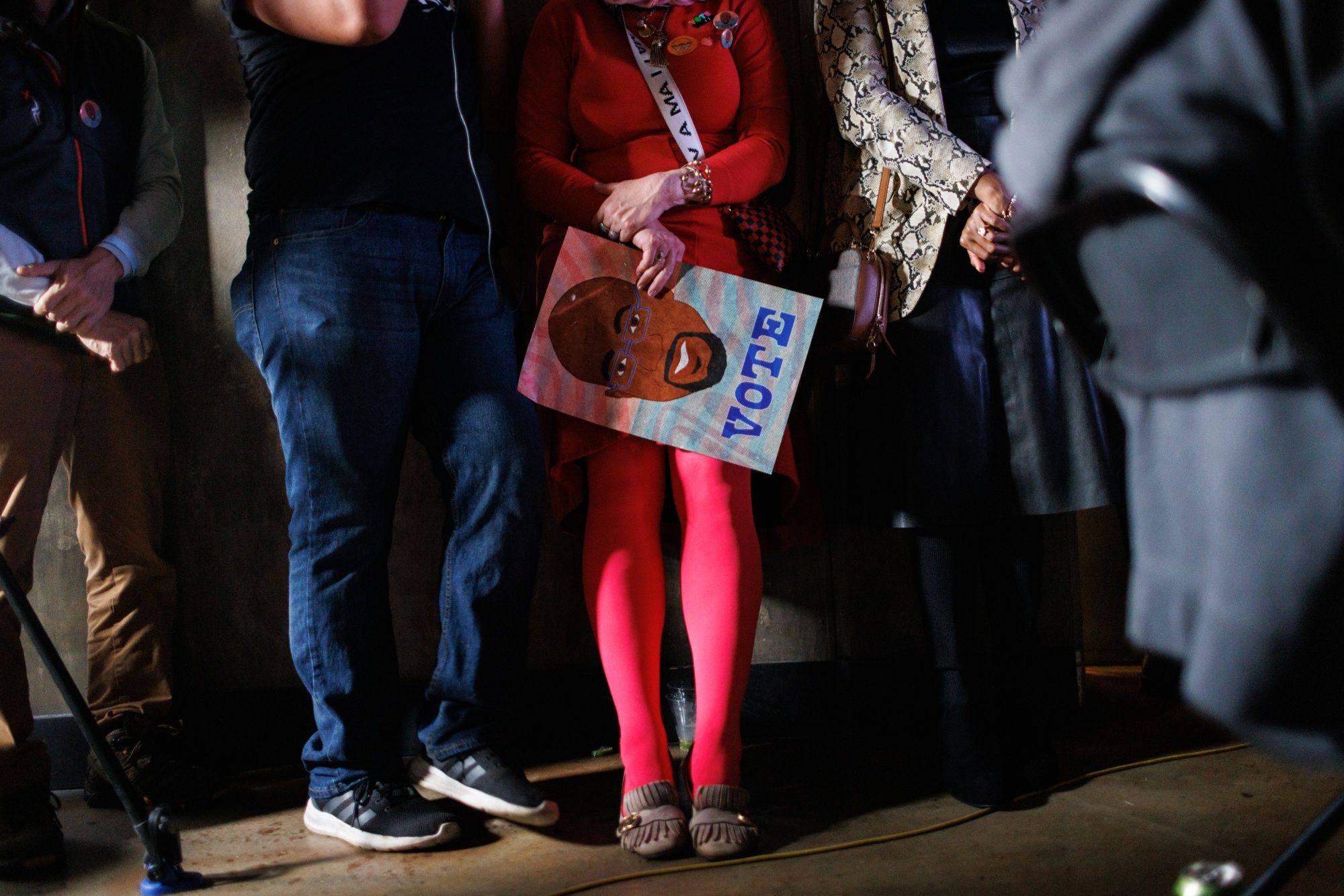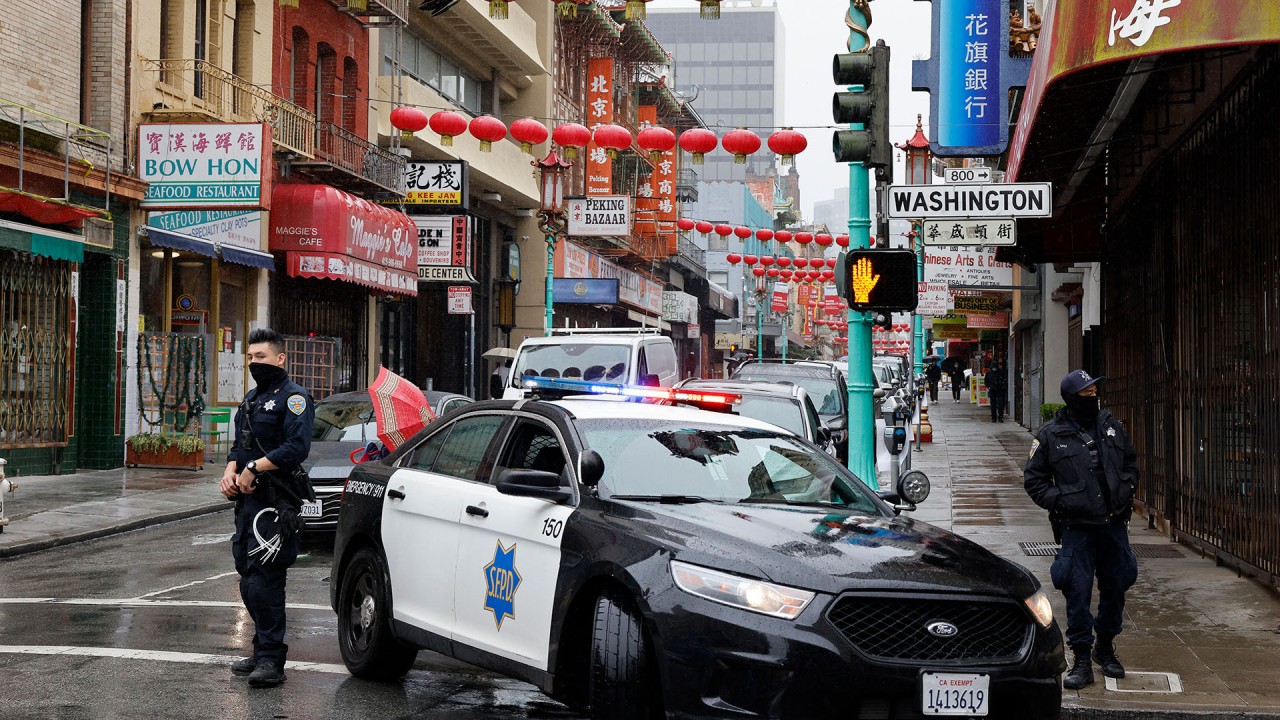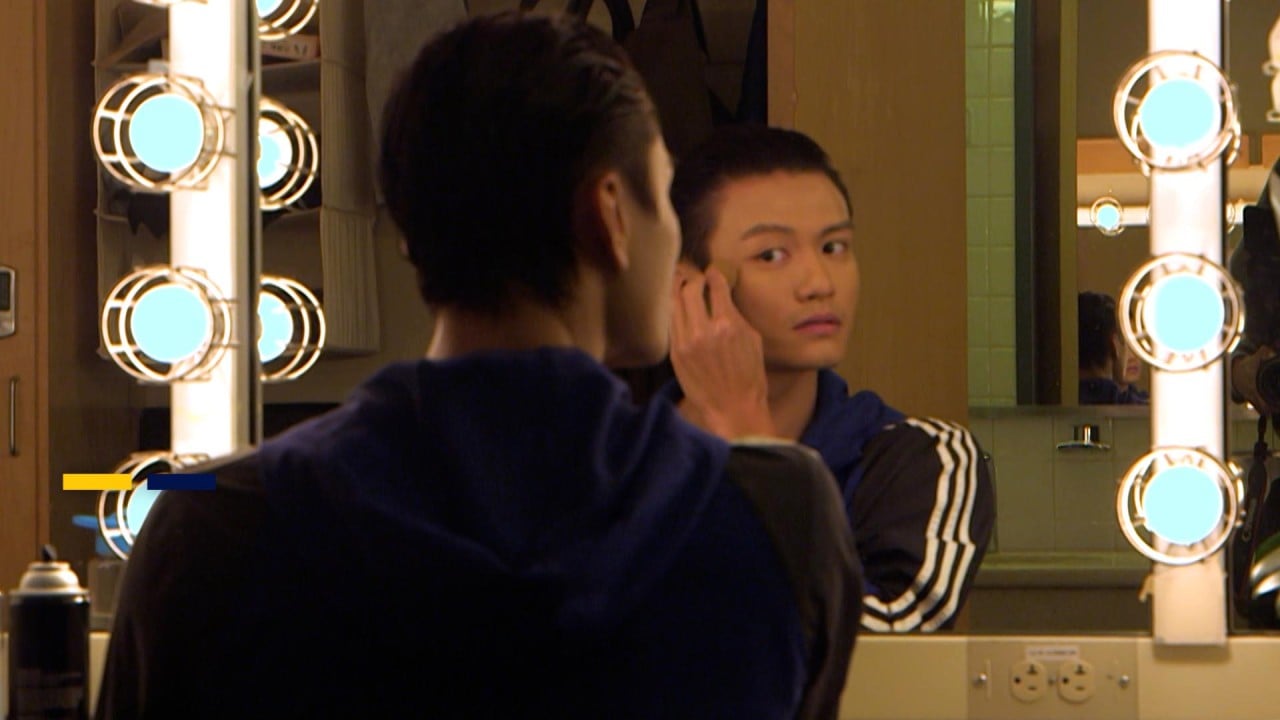
Wins for Asian-American candidates a big step in driving change in US politics
- Asian-Americans running for office have made headlines and history in recent years, something that must continue to achieve meaningful change in the US
- To create a pipeline of future policymakers, we need mentorship programmes to excite and attract young people to consider opportunities in politics
First, the good news and some positive signs. In the US midterm elections in November – the halfway mark to the presidential election in 2024 – a huge number of Asian-American Pacific Islanders (AAPI) came out to vote.
These are all significant steps. We need more Asian-American elected leaders and policymakers who have the power to create and change policy, which is the only road to achieving actual change here in the United States.
We are the highest earners and most well-educated compared to other racial and ethnic groups. We are known to excel in science, technology, engineering and maths. And it is true that most of my Asian-American friends while growing up had parents who decided their futures as doctors, engineers, technologists and lawyers.

To help create a pipeline of the next generation of policymakers, the private and public sector need to come together. It takes a village. We need academic institutions, existing policymakers and civic groups to come together and create programmes and academies that include leadership, public speaking and campaigning as part of the training.
We need mentorship programmes to excite and attract the next generation of young people to consider opportunities in policymaking. And even if they choose not to campaign, run and serve, they will have acquired important skills that will serve them well professionally.
Asian-Americans have much to bring to the table, not only when it comes to serving as elected leaders but with their vote. We are the fastest-growing racial group of eligible voters in the US, according to the Pew Research Centre, and there are an estimated 13.3 million AAPI voters across the country. We are the fastest-growing racial and ethnic group in the US and make up more than 10 per cent of the population in five states, and we are on mark to be the largest immigrant group by 2055.
It will take a community to spark change and I am optimistic that in my lifetime this will happen. People such as Harris, Wu and Lieu offer inspiration. At a grass roots level, I will certainly consider the opportunity to run for city councilwoman someday. Running, voting and having a place at the table are essential for permanent and prominent change.
Amy Wu is a Chinese-American journalist based in New York and California



